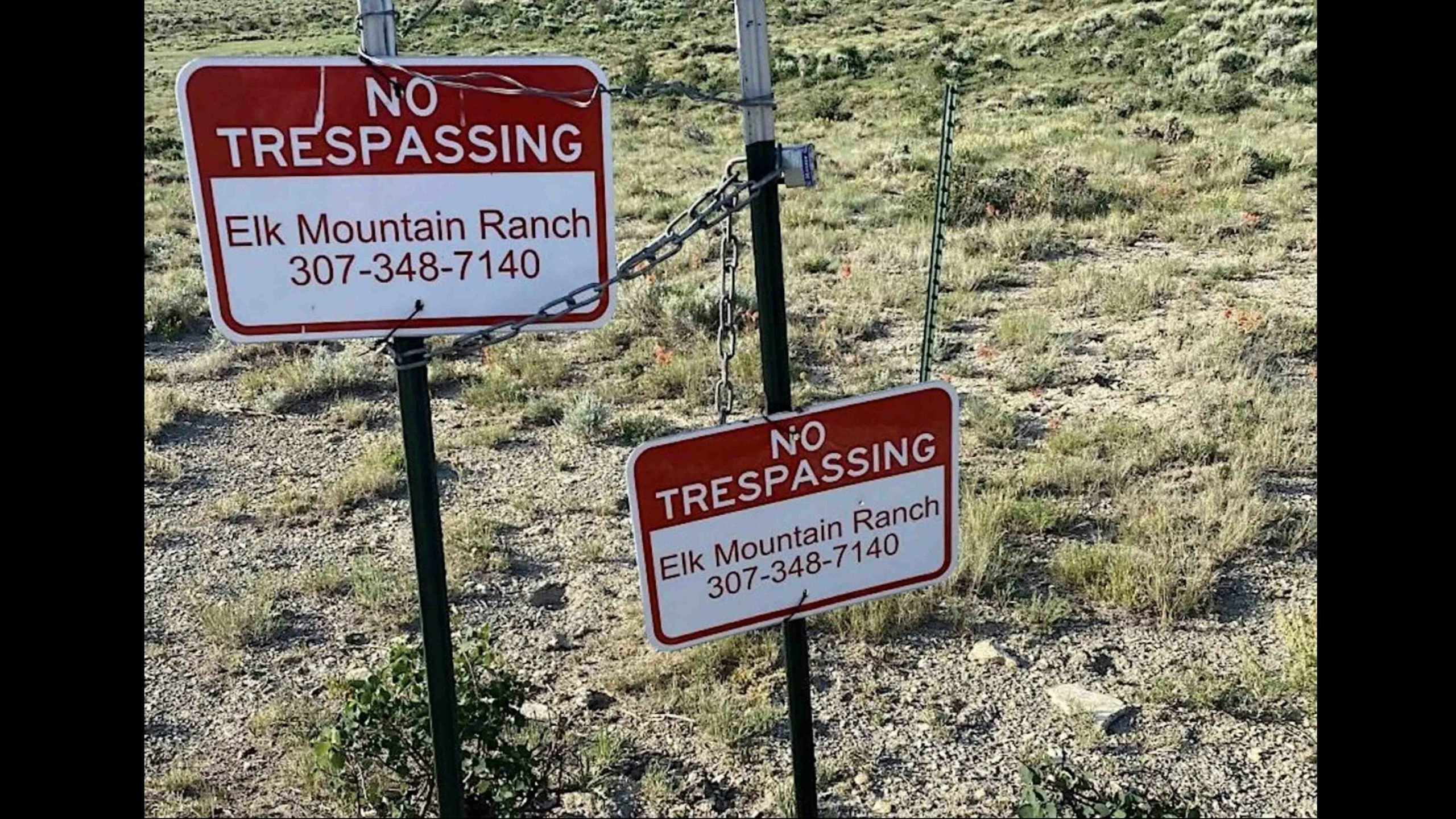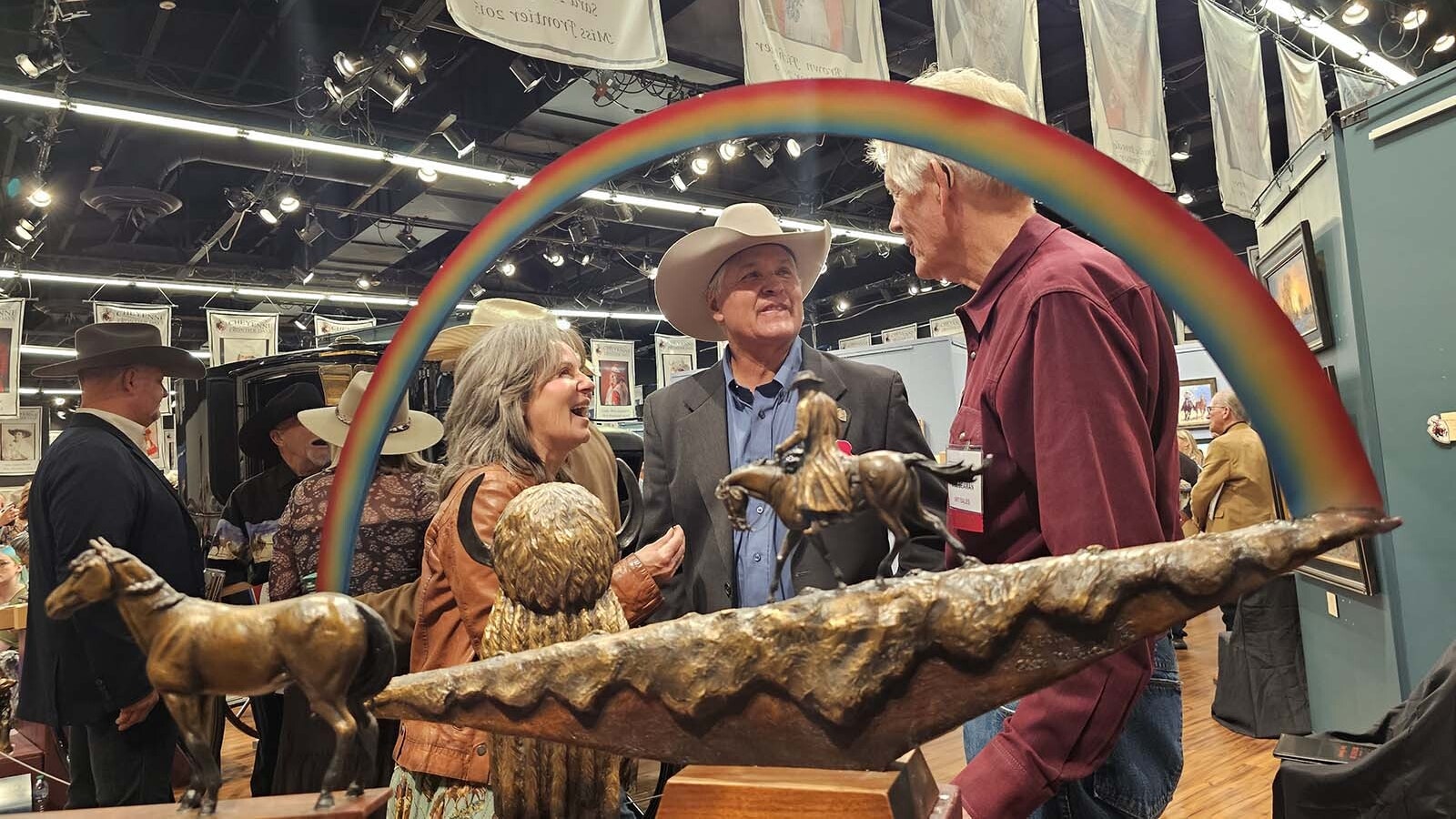A request by four Missouri hunters to have a lawsuit filed against them for trespassing on private land while moving between two parcels of public land be dismissed has been denied by a federal judge.
Judge Scott Skavdahl wrote that among other things, too many questions surround the alleged “corner-crossing” incident in Carbon County to dismiss the case without a hearing.
“… (The) court finds any decision on the matter is currently precluded by existing questions of fact,” he wrote in the Wednesday order. “Such questions include, but are not limited to, the physical placement, purpose and extent of (Iron Bar Ranch’s) fencing, ‘no trespassing’ postings and any associated warnings.”
The lawsuit stems from an incident in September 2021 when hunters Bradley Cape, Zachary Smith, Phillip Yoemens and John Slowensky used a ladder-like device to cross from one piece of public land to another without setting foot on private land.
Wyoming’s intermingling of private and public lands often creates what is known as a “checkerboard” land pattern where public and private lands share common corners, with one piece of public land resting diagonally from another. To cross from one public parcel to another, people must step or climb across the corners.
Iron Bar accused the hunters of trespassing by violating its airspace, even though they did not physically touch its property.
The four were charged with criminal trespass in state court and a jury found them innocent of all charges.
Iron Bar sued the four as well, seeking civil damages for the trespass. The lawsuit was moved from state to federal court on the request of the hunters.
In their request for dismissal, the hunters said the federal Unlawful Inclosures Act of 1885 prohibits Iron Bar from blocking access to public lands, so the ranch has no standing to sue.
Skavdahl agreed the hunters, in defending themselves against the lawsuit, could claim that by violating the federal law, the ranch lost standing to sue them.
But he also found that too many questions surround the incident, such as whether Iron Bar could fence its land in such a way as to allow access to the public lands, to simply dismiss the lawsuit.
He also found that Iron Bar has raised a plausible claim for relief for trespass.
“Putting the UIA aside for the moment, (Iron Bar) has stated plausible causes of action for civil trespass and declaratory judgment,” the order said.
Skavdahl ordered the parties to meet with a magistrate judge to begin the process of “discovery,” when facts relevant to the case are shared between the parties.





